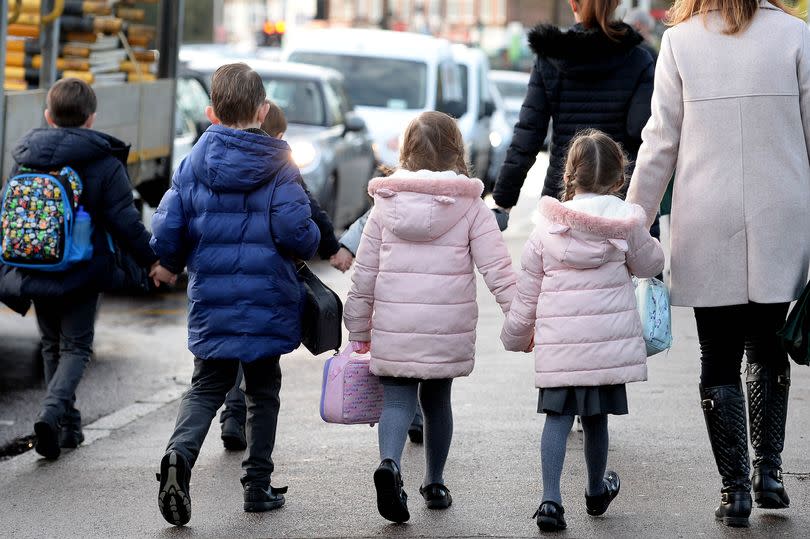Parents could lose child benefit under lesser-known HMRC eligibility rule, says tax expert

Families are being warned they could lose their child benefit due to a little-known rule.
Parents are being made aware of how HMRC works out eligibility for the payments and the factors taken into consideration. Earlier this year, the Government increased the amount you can earn before you start to lose Child Benefit.
Previously, it was taken away entirely when one parent earned more than £60,000. This was increased to £80,000. Payments won't start to be reduced until one parent earns more than £60,000 - up from £50,000.
Read More: DWP Universal Credit childcare rules - who is eligible and how parents can get help towards costs
Get all the latest money news and budgeting tips from Chronicle Live with our free newsletter
This means that if you or your partner earn less than £60,000 a year, you can receive the full amount of Child Benefit. But if one of you starts to earn over £60,000, you have to pay some of it back to HMRC under the High Income Child Benefit Charge - this is set at 1 per cent for each £200 earned over £60,000.
Now tax expert Andy Wood, of Crypto Tax Degens, has clarified the rules and highlighted a lesser-known way parents may find themselves ineligible.
The lesser-known rule that could make you ineligible for Child Benefit
Mr Wood said: "The weekly Child Benefit payments, range from £25.60 for the first-born or only child to £16.95 for each additional child. These payments, made until the child reaches either 16 years old or 20 if engaged in full-time education or training, help households in need and boost their overall financial stability and well-being.
"The threshold for Child Benefit eligibility currently stands at £80,000 but it’s important to note that this figure includes the value of certain work benefits. When considering eligibility for Child Benefit, it's important to understand that the calculation extends beyond basic salary. For instance, a parent earning below the cap may find themselves ineligible if the value of their benefits, such as a company car or fuel allowance, goes over the threshold.
"An individual's adjusted gross income for Child Benefit purposes involves various income sources, including gross salary, other employment income, taxable benefits, pensions income, self-employment profits, and investment income."
Available deductions
Mr Wood further explained: "Deductions can be made for certain expenses, such as pension contributions, tax-deductible business expenses, and costs related to schemes like the cycle to work scheme. These deductions play a key role in determining the final adjusted gross income for Child Benefit purposes.
"It's worth noting that over the first 16 years of a child's life, HMRC may provide parents with more than £17,000 in Child Benefit payments if their income falls below the £80,000 cap."

 Yahoo News
Yahoo News 
